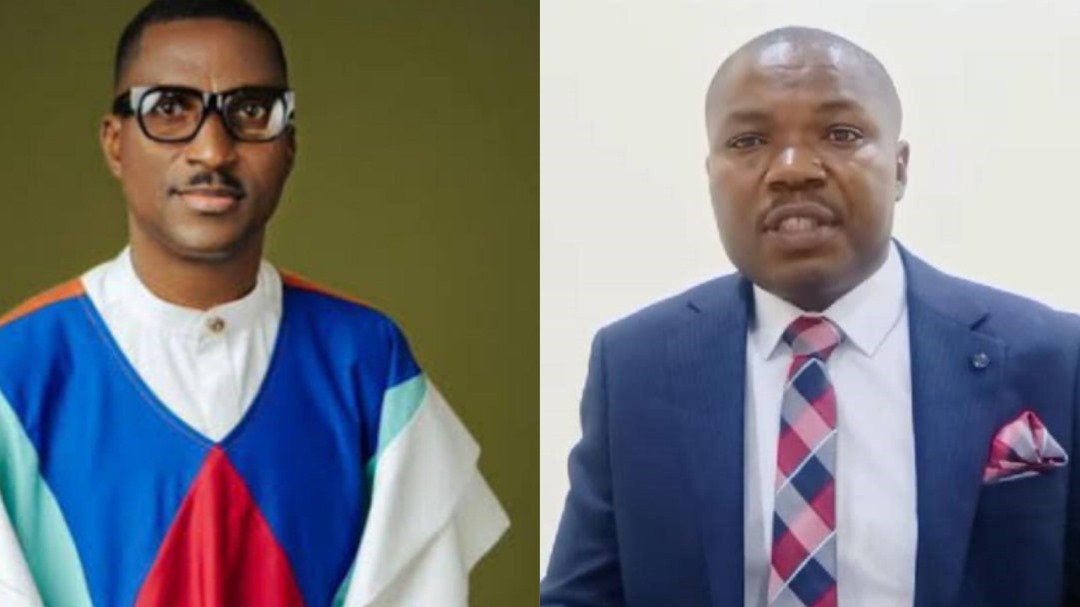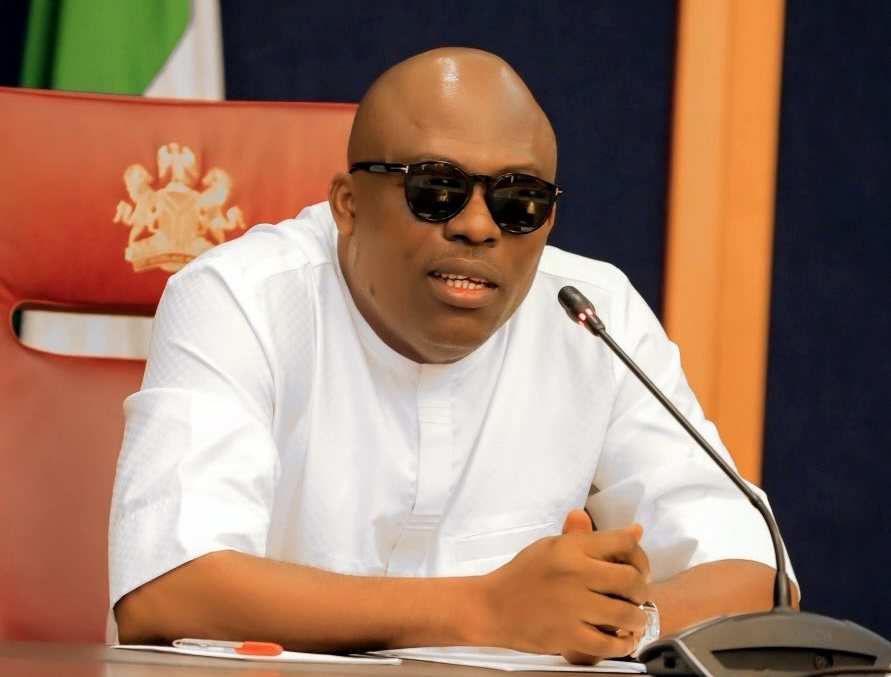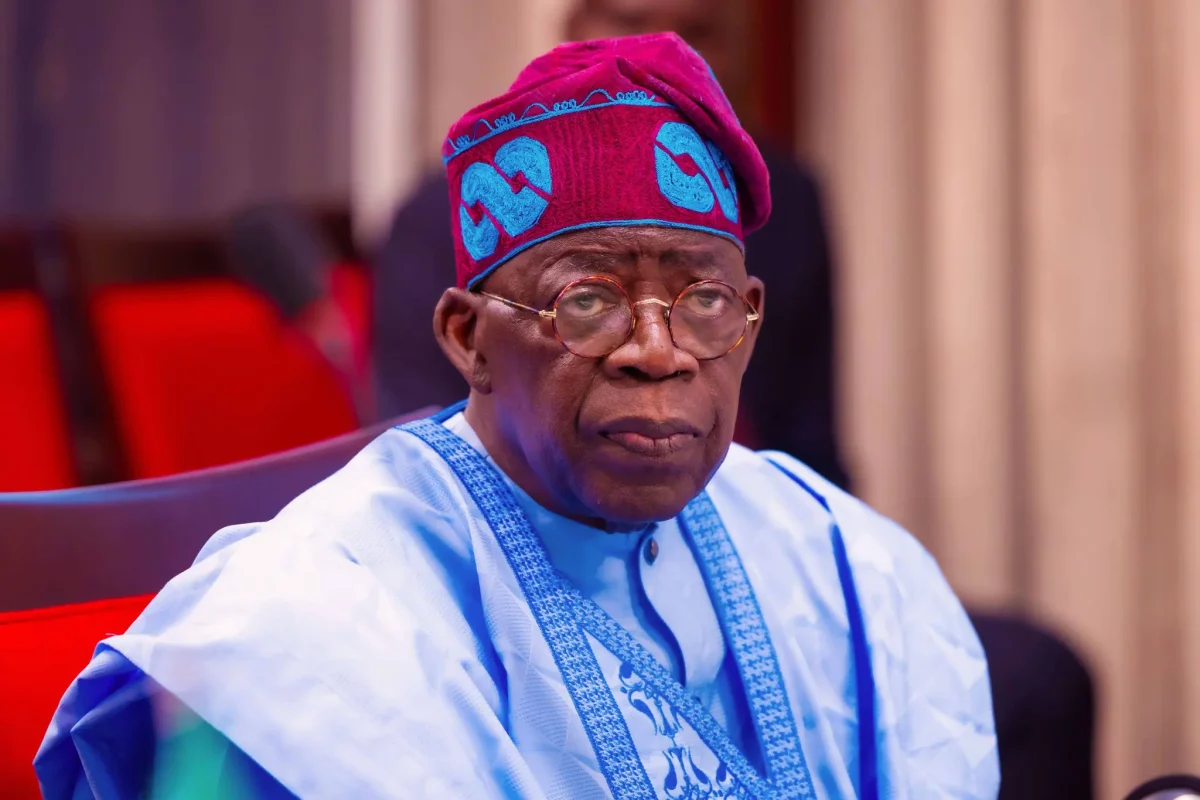
Since May 31, 2023, when the programme was formally put into effect, the Federal Government has already saved nearly N400 billion as a result of the elimination of the subsidy on Premium Motor Spirit, also known as petrol, oil marketers reported on Thursday.
Additionally, the oil traders predicted that the price of petrol will likely increase in July given the Federal Government’s recent decision to allow the naira to float against the US dollar.
On June 14, 2023, the Central Bank of Nigeria combined the nation’s exchange rates into the window for investors and exporters, allowing market forces to determine the exchange rate.
Operators in the downstream oil sector told our correspondent on Tuesday that Nigeria had now saved hundreds of billions since ending the subsidy regime in May, based on the revelation of the Nigerian National Petroleum Company Limited regarding the amount being spent previously on subsidies every month.
“At the moment, the government is profitable. The government has made hundreds of billions with this subsidy reduction, whether in dollars or naira. Because we are aware of their prior losses each month, this is the case, according to Chinedu Okonkwo, national president of the Independent Petroleum Marketers Association of Nigeria.
Okonkwo, citing statements made by the NNPCL’s Group Chief Executive Officer, Mele Kyari, during a meeting with oil sector players in February, informed our reporter that marketers had been informed of the amount of money the NNPCL spent on subsidies on a monthly basis.
“Today, by law and the provisions of the Appropriation Act, there is a subsidy on the supply of petroleum products, particularly imports of PMS into our country,” Kyari had remarked during the meeting. Three days ago, the landing cost was approximately N315 per litre in terms of current data.
We are transferring to each of our consumers here at N113/litre. our implies that for every litre of PMS that we import into our country, there is a difference of almost N202. According to calculations, N202 multiplied by 66.5 million litres and then by 30 will give you more than N400 billion in monthly subsidies.
Okonkwo mentioned that oil merchants were having discussions concerning independent marketers importing petrol.
“Many people that are interested in starting PMS imports are attending meetings with us. The IPMAN president said, “We are not sitting back on this.
Okonkwo maintained that the withdrawal of the subsidy would not just result in a constant rise in the price of PMS, even if he conceded that the price of petrol would rise in reaction to changes in foreign exchange values.
“The price of petrol would increase or decrease if there was deregulation and no subsidy. Those that import and sell at lower prices would drive you out of business if you wanted to make a profit.
“Accordingly, pricing and capping will be based on market factors. Therefore, the naira’s floating at this time when Nigeria is starting to save money won’t be a fixed thing, he said.
“The currency rate will also fluctuate based on how we handle our crude oil, which is our foreign exchange earner,” the IPMAN president continued. The naira will start to firm up by the time we start to meet our OPEC quota and other areas of earning foreign money.
“And as a result, petrol will be less expensive. Therefore, we shouldn’t assume that fuel prices would keep rising. Because you could only obtain dollars at the official rate based on who you knew before, the naira’s floating is a wonderful thing.
According to Billy Gillis-Harry, the president of the Petroleum Products Retail Outlets Owners Association of Nigeria, the cost of PMS would fluctuate in line with the exchange rate because the product would cost more given the present exchange rate.
“The price of petrol will remain high as long as the exchange rate is high. However, it is still early, and the President Bola Tinubu-led administration is operating under the assumption that the exchange rate will decline. So, he said, “We’ll get there.
“PETROAN is already working on the import licence permission for fuel, because it has to be approved before you can import,” he stated in reference to plans by his organisation to begin importing petrol. While we continue to discuss the process of getting the refineries up and running with the government, we are taking these actions.
Labour talks
Following the elimination of the subsidy on Premium Motor Spirit, which has continued to put a strain on Nigerians, organised labour has urged the population to be patient while it engages in negotiations with federal government representatives.
According to reports, the cost of living has increased since the PMS subsidy was eliminated, with oil marketers predicting that by July 2023, fuel will cost N700 per litre.
Tommy Etim, the National Vice-President of the Trade Union Congress and a representative of organised labour dealing with the government, said in an interview with our correspondent on Thursday that labour unions were constantly interacting with the government to make sure that beneficial palliatives were provided to Nigerians.
Nigeria has matured, therefore whatever happens, Nigerians, especially workers, should be patient until the conclusion of the talks so that we can reach a collective bargaining agreement that would be in both our interests and the interests of Nigerians and Nigerian employees.
“Whatever we have to deal with right now is a collective sacrifice, and there is optimism that we won’t let the pressure from those who have benefited from the so-called subsidies sabotage our negotiations. Let Nigerians perceive whatever is taking place as a community sacrifice so that everyone will be content.




